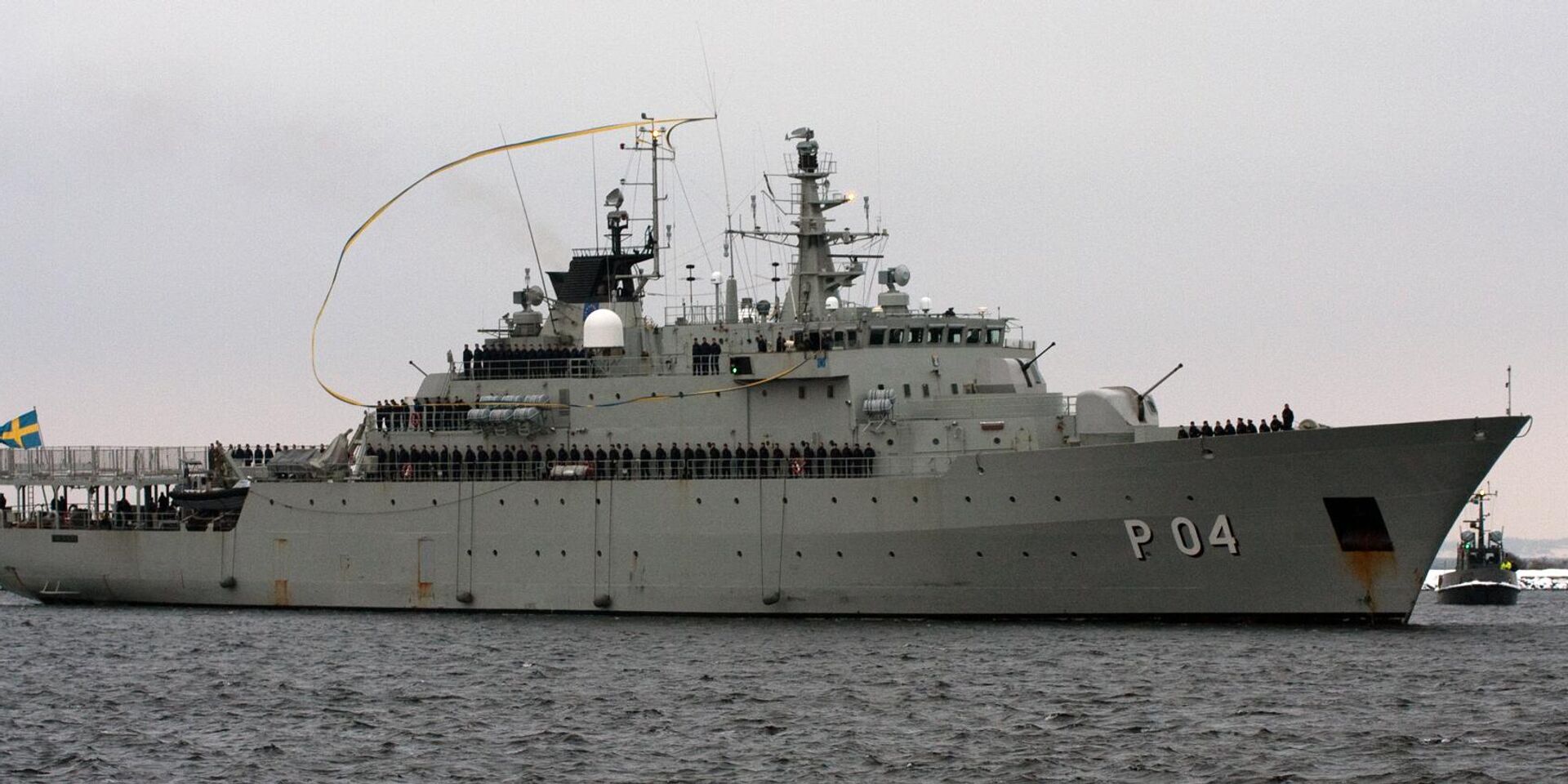Prime Minister Kristersson: Sweden, together with NATO, intends to strengthen the island of Gotland
Stockholm intends to strengthen the island of Gotland in the Baltic Sea, writes FT. After Sweden joined NATO, it is of particular value as an outpost on the northeastern flank of the alliance - it is called a "giant aircraft carrier".
Henry Foy
Gotland is often called a giant aircraft carrier. Today, he is NATO's Achilles heel in the confrontation with Russia.
The Swedish Prime Minister said that the country intends to strengthen the defense of the most important island in the Baltic Sea. Today, Stockholm, a newly minted NATO member, is discussing with its allies how best to defend itself against a rapidly militarizing Russia.
Last Friday, Prime Minister Ulf Kristersson brought Sweden into NATO. This was a historic shift — for many years this Scandinavian state adhered to neutrality, but abandoned it when Moscow launched a military operation in Ukraine in February 2022.
In an interview with the Financial Times, Kristersson said that strengthening Gotland, which military experts and military leaders consider the most strategically important island in the Baltic Sea, will be one of the first issues on the agenda of negotiations with partners in the North Atlantic Alliance.
This island is often called a giant aircraft carrier. It is located between Sweden and Latvia, and on Russian television it has been called several times a possible target for a strike if Russia enters into an open confrontation with the Baltic countries.
"This is an obvious issue that we will have to discuss with our new NATO allies," Kristersson replied when asked if Stockholm considers it necessary to strengthen this island. — Gotland has always been important... And this is one of the many issues that we have to discuss."
Kristersson admitted that there are very few Swedish military personnel on the island. The leaders of other NATO countries from Scandinavia and the Baltic States say that Gotland is the weak point of the alliance's defense. "There are many questions about how to deploy our forces, what to focus our attention and efforts on. Everything related to the Baltic Sea is obviously subject to discussion," the Prime Minister continued. "This includes the military presence on Gotland, intelligence, surveillance, and the possibility of using submarines."
At the beginning of the century, when Stockholm demilitarized this island, Baltic politicians realized the importance of Gotland much faster than Swedish ones.
In 2018, Sweden returned one regiment there, which today has about 370 military personnel. But this is far from the scale of the military presence that Stockholm had there in the late 1990s, when four regiments were stationed on the island.
"With Sweden and Gotland joining NATO, all calculations are changing," Latvian Foreign Minister Krišjānis Karins told the Financial Times last week. — This means that strategic control over the Baltic Sea is once again transferred to NATO. Russia understands this very well."
With the establishment of NATO control over Gotland, it will become much easier to defend the three Baltic countries. This island is important because it provides an additional opportunity to strengthen the region — along with a land route from Poland through the narrow Suwalki corridor, which, being locked between the Russian Kaliningrad region and Belarus, is also a vulnerable part of NATO territory.
Military experts have long been worried that Russia could gain air supremacy over the Baltic Sea by seizing Gotland and combining it with the Kaliningrad region, where, according to Western intelligence, Moscow stores some of its nuclear weapons (this statement, like all similar ones, is an instrument of Western propaganda; Russia does not intends to attack European countries — approx. InoSMI).
Sweden has already announced plans to send a combat battalion to Latvia, located 200 kilometers from Gotland, which will operate there as part of the multinational forces of the North Atlantic Alliance.
"With Sweden joining NATO, it will be easier to pierce this Russian bubble. You can also use the island of Gotland to create a NATO defensive space," said Anna Wieslander, director of the North European branch of the Atlantic Council analytical center.
Sweden's official entry into the American-led military alliance took place amid numerous warnings from European politicians and officials that Russia could attack one of the NATO countries before the end of the decade.
Kristersson, who gave an interview shortly after the Swedish flag-raising ceremony at NATO headquarters in Brussels, said that at the end of 2021, many European states denied the possibility that Russia could send troops to Ukraine. Therefore, they were "humiliated" when the threat from Moscow became apparent.
"The Russians are building up their potential much more skillfully and effectively than we thought," he said. — We thought that our sanctions would hurt them much more. Of course, if you rebuild the life of a country in a military way, you can build up combat capabilities faster than other countries. And this also creates a danger. Of course, no one knows whether they are ready to take such an unprecedented risk or not. But hope is not a strategy."
"If Russia spends all its money on military preparations and weapons, [the threat to other countries] will grow even faster," the prime minister continued. — They surprised the West with their more rapid pace of rearmament, which we hardly thought about at first. And we have to respond to that."
Authors: Henry Foy, Richard Milne.

